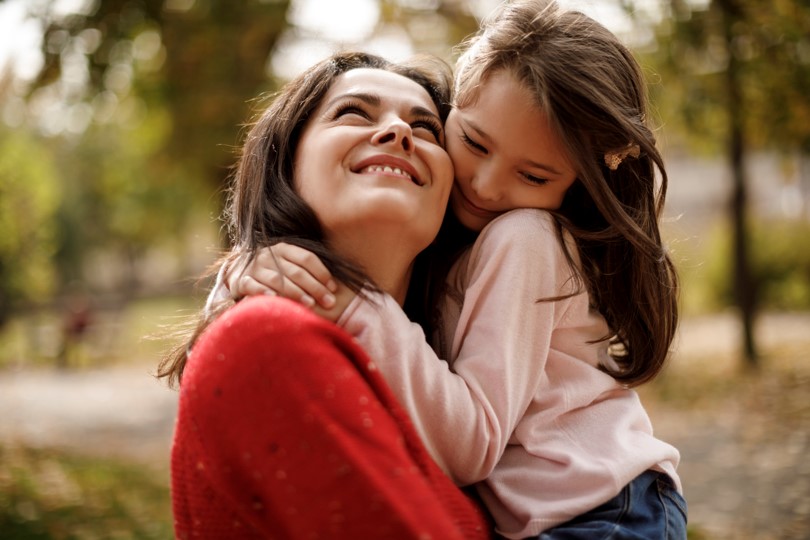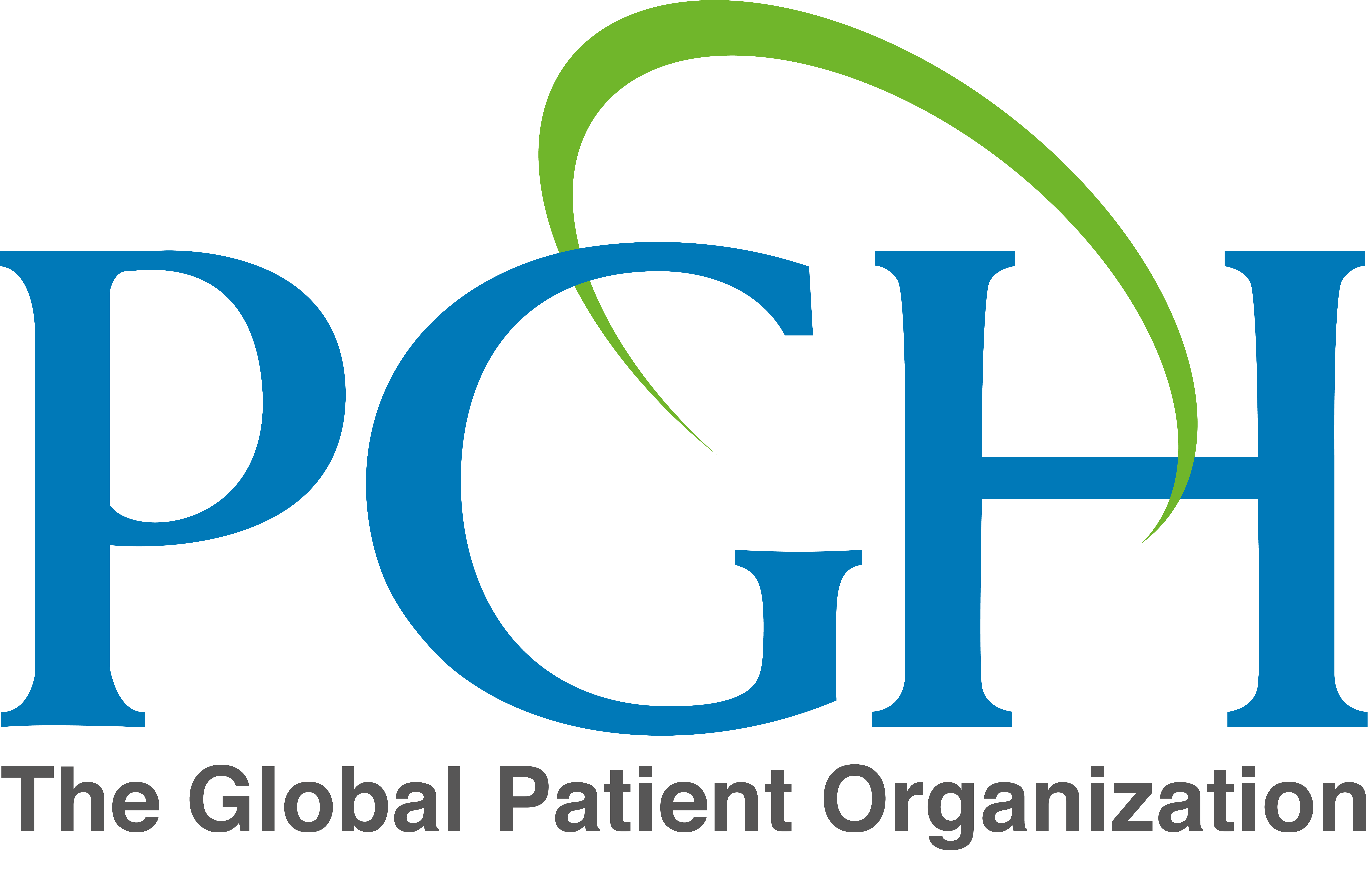Talking to children about your breast cancer diagnosis
May 5, 2022
A breast cancer diagnosis can turn the world upside down, and your children’s too.

Breast cancer has become the world’s most diagnosed cancer, overtaking lung cancer. Even with so many women around the world facing this disease, telling your kids can be as hard as finding out about the diagnosis.
It is normal to experience different emotions from the news of a cancer diagnosis: anger, sadness, disbelief, stress, shock, fear, acceptance, are some feelings you may go through. There is no timeline to adjust or cope, and no right or wrong way to feel.
When sharing your diagnosis with little people there are some dos and don’ts to consider before talking to them.
DO: Take a breath.
Before you speak to your children, sit with your emotions. Tell them, and your family and friends, when you feel ready. You may want to decide with other family members how best to talk to the children about cancer, but it is your diagnosis to share and your decision. When you are ready to speak to your children, you do not have to hide anything, but it is important to feel centered so you communicate that you are okay with your diagnosis, or children can struggle even more. When you are ready, choose a time and place to share the news. You may want someone trusted to be there, like your partner or trusted relative, or ask them beforehand to be available for your children.
Some women who have more than one child have chosen to tell them all at the same time so no one has information before the others, and then discuss the diagnosis one on one with them after.
DON’T: Hide, lie, or make false promises
Depending on your child’s age and maturity, you will want to share basic information like the name of your cancer, the parts of the body where it is, how it will be treated, and how your and your children’s lives will be affected. You can give truthful information that they can understand. Dependeing on their age and level of understanding you can share small amounts of information over time. The goal is to talk to them in an honest way and still make them feel safe and protected. Be sure to give them a chance to ask questions. If you would like help, you can ask cancer societies or counselors at school to talk to your children or recommend a suppport group for them.
DON’T: Assume
It is not uncommon for kids, and even teenagers, to think cancer is their fault or blame someone. Even if they don’t say this directly, reassure them that they are not to blame, to alleviate stress. Also explain what cancer is, for example that cancer can happen at any age, that people of all groups can get it, that it is not contagious, that they can still hug or kiss you, and that even though we don’t know yet what causes all cancers, we know there are certain things called ‘risk factors’ that affect chances of getting a disease, and that scientists and doctors around the world trying to find a cure and have made a lot of progress in understanding and treating cancers.
DO: Create a sense of safety
Try to maintain the daily routine as much as possible, asking family and friends to help. Keeping structure will help your child feel safe. It also helps to let them know what to expect, for example, if you have to stay home instead of going to work because you feel ill some days, you may want to let them know this might happen. You might want to also tell them that they can hug you (if you are not in pain) or help you around the house or with siblings. This will them not feel helpless. If available, you may want to reassure them that there always will be someone to take care of them too, such as an aunt, grandparent, or other parent.
DON’T: Think you need to know all the answers
One of the most common, and hardest, questions parents with cancer may face – particularly if it is an advanced stage cancer – is ‘are you going to die?’. Be prepared with your reply. You can answer with the truth but one that balances hope, honesty, and family support. You might say that doctors are very positive about the results of this treatment, or that there will be times when you are doing better but then will have treatment again, so they understand
